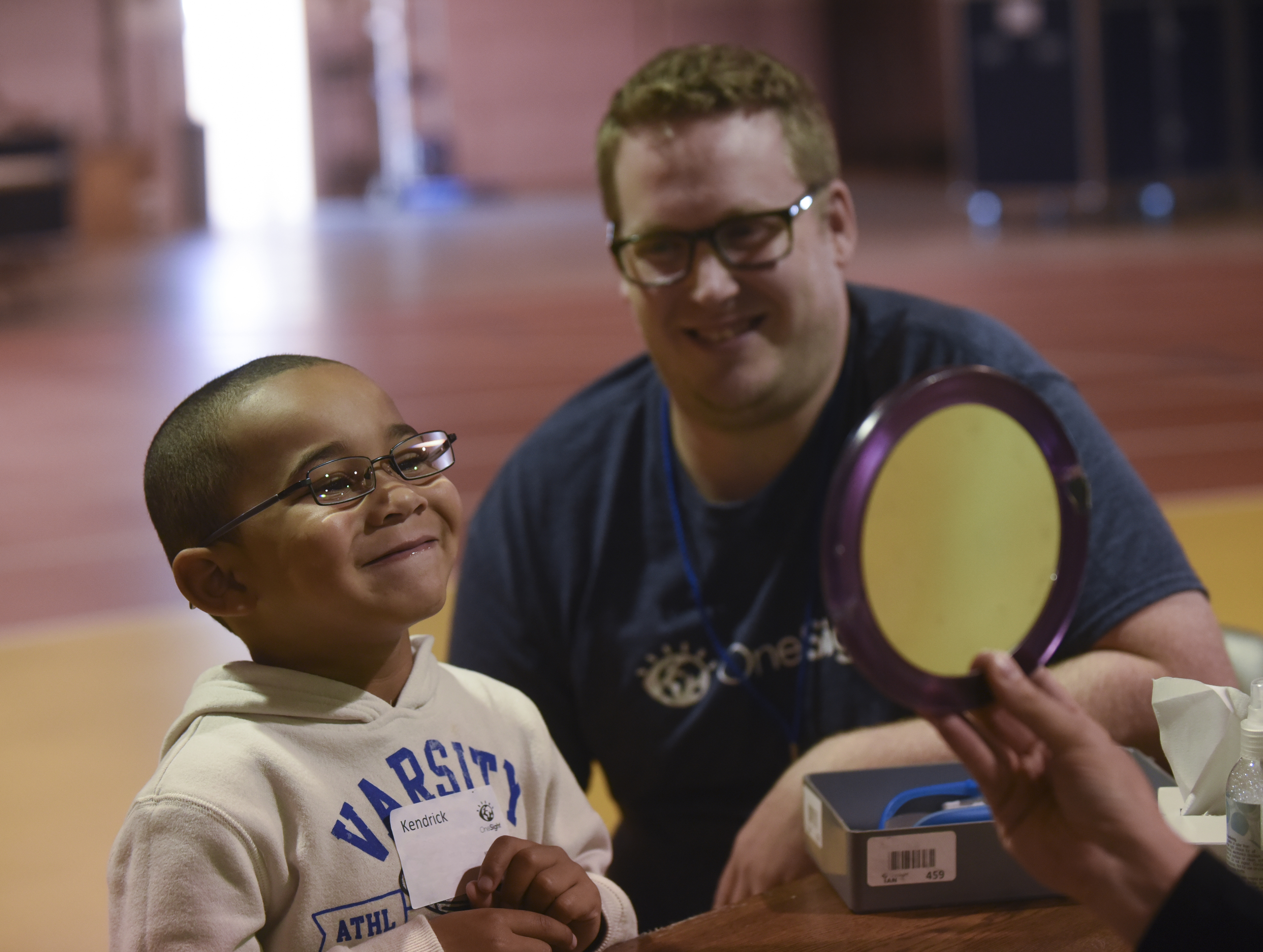Dailycsr.com – 09 October 2015 – With the aim of “eradicating” the crisis of “vision care” from the world, OneSight recently came up with results of a study which investigates on the need of glasses on a global scale, whereby it is entitled as “The Global Need for Glasses Study”. The said study was carried in partnership with “Deloitte”. As per the results of “The Global Need for Glasses Study”, “1.1 billion” global population require glasses but they are deprived from the said facility due to lack of “access to vision care”.
OneSight is “an independent nonprofit” dedicated to the welfare and improvements of vision care facilities around the globe. This time, the study attempted to find out what is the status of vision care accessibility around the world which goes hand in hand with “quality eyewear”. Below are the highlights from the study results:
OneSight is “an independent nonprofit” dedicated to the welfare and improvements of vision care facilities around the globe. This time, the study attempted to find out what is the status of vision care accessibility around the world which goes hand in hand with “quality eyewear”. Below are the highlights from the study results:
- Of the 2.5 billion people in the world that need glasses, 1.1 billion people lack access to glasses. That means 1 in 7 people around the world can’t see clearly because they do not have access to a simple pair of glasses.
- The crisis is most acute in Sub-Saharan Africa and Southeast Asia. In certain countries up to 44% of the population needs glasses but lacks the access to get them.
- There are 239 million children globally who need glasses, but lack access.
The degree of visual impairment that became a hurdle in leading a normal life-style was measured by the ability of a child “ability to perform well in school”, while for the adults the yard stick rested on their “ability to be productive at work”. The third component of the study being the access to glasses found its definition in people’s affordability, meaning whether required “quality” glasses were “available at a price that people can afford”.
According to the findings, more than the cost of glasses being a hindrance towards clear vision, in majority of the cases, people found it more convenient to remain at work, rather than paying for the transportation and the medical fees for an eye-check which in turn would also cost them a day’s wage.
OneSight seeks to eradicate the crisis of global care by making it accessible to all around the globe “through sustainable and charitable solutions” which it aims to achieve in its “lifetime”. Moreover, the organisation also arranges “comprehensive eye exam” along with providing “quality eyewear” which forms part of the “OneSight Collection” and are customised individual’s prescription requirements. The executive director of OneSight, Jason Singh said:
“Clear vision can fundamentally change someone’s world and help unlock their full potential. Yet, for 1 in 7 people around the world, clear vision is not accessible. We can begin to solve this issue by bringing awareness to the global vision care crisis. We know the difference a simple pair of glasses can make in a person’s life. A child may be able to see the blackboard clearly for the first time. A parent may be better able to support their family by producing more at work, all thanks to clear vision. The immediate and long term impact is powerful."
In order to join in the endeavour of helping the “1.1 billion people” in need of glasses participate in the campaign of “#HelpTheWorldSee” through www.onesight.org/worldsightday.
References:
www.businesswire.com


 ‘1.1 Billion People’ Across The Globe In Need Of Glasses Cannot Access Them: Reveals A Study By OneSight
‘1.1 Billion People’ Across The Globe In Need Of Glasses Cannot Access Them: Reveals A Study By OneSight





 Companies
Companies